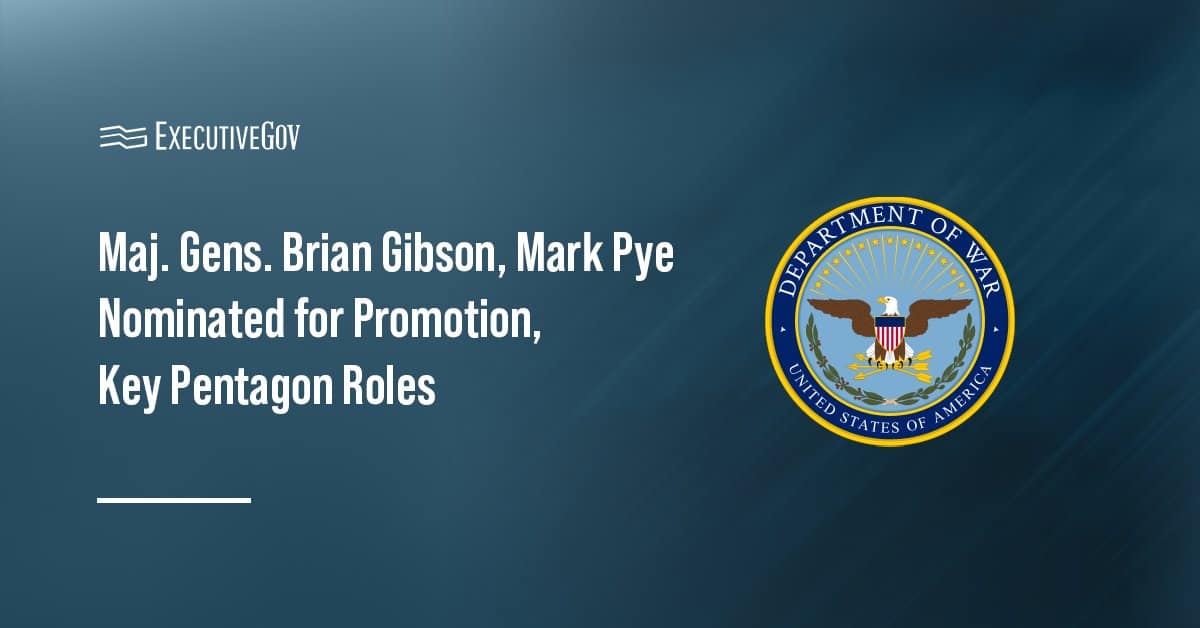The U.S. Air Force has started its market research to gather feedback from the industry on its planned acquisition strategy for a follow-on contract to procure enterprise cloud capabilities.
A notice posted Tuesday on SAM.gov states that the Air Force plans to pursue a modular contracting approach for the Cloud One Next procurement effort to deliver a cloud landing zone for mission system owners across the Department of Defense.
The cloud landing zone will include services authorized by the Defense Information Systems Agency to handle military information at Impact Levels 2, 4, 5 and 6.
According to the special notice, the Air Force intends to award multiple contracts to operate and modernize common shared services and the C1N architecture; migrate applications into the cloud environment; and procure cloud service offerings and software licenses.
Responses are due March 15.





